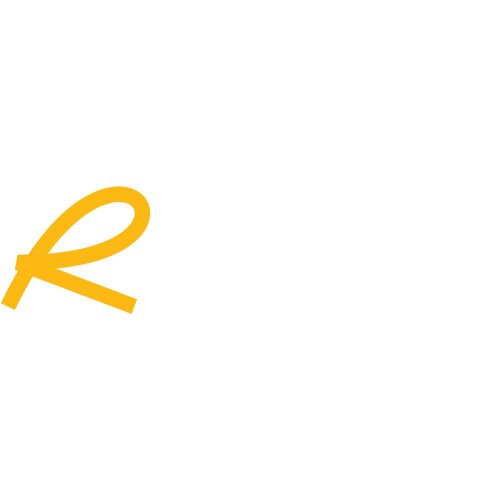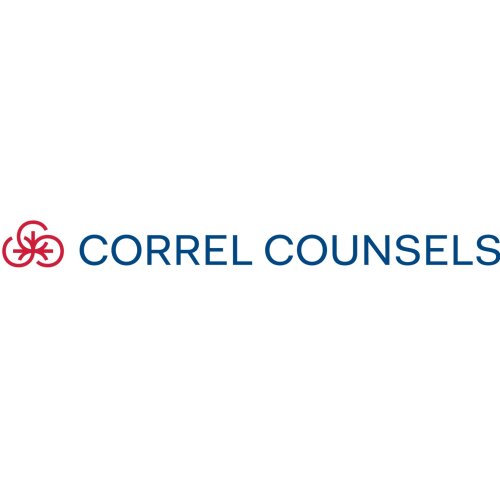Best Communications & Media Law Lawyers in Maldives
Share your needs with us, get contacted by law firms.
Free. Takes 2 min.
Or refine your search by selecting a city:
List of the best lawyers in Maldives
About Communications & Media Law in Maldives
Communications & Media Law, also known as Broadcasting Law, concerns the regulation of broadcasting and telecommunications services in Maldives. The sector is regulated under a variety of national and international laws, including the Broadcasting Act of 2010, the Maldives Broadcasting Commission Act and the Communications Authority of Maldives Act. These laws govern issues such as licensing of broadcasting and telecommunications services, content regulations, advertising rules, and dispute resolution processes amongst others.
Why You May Need a Lawyer
Expert legal advice in the domain of Communications & Media Law can be vital in a variety of situations. This includes situations such as launching a new telecommunications service, negotiating broadcasting rights, managing disputes with regulatory bodies, addressing issues related to advertising and content regulation, and ensuring compliance with related laws and international agreements. If you are involved in the communications and media industry, a specialized attorney can assist you in understanding your legal responsibilities and how to protect your interests effectively.
Local Laws Overview
Local laws that are most relevant in this sphere include the Broadcasting Act of 2010, which lays down rules for the issuance of broadcasting licenses and regulations concerning broadcasting operations. In addition, the Communications Authority of Maldives Act sets out the powers, functions and duties of the Communications Authority of Maldives, which regulates broadcasting and telecommunications services in the country. Complementing these laws are various codes of practice issued by the Broadcasting Commission on matters such as program content, advertising, and program sponsorship. Non-compliance with these laws and regulations can result in penalties, including revocation of licenses, fines or even imprisonment in some cases.
Frequently Asked Questions
1. What is the role of the Broadcasting Commission in Maldives?
The Broadcasting Commission plays a crucial role in the regulation of the broadcasting industry, responsible for issuing licenses and ensuring that service providers comply with relevant laws and regulations.
2. What are the legal requirements for starting a broadcasting service in Maldives?
Starting a broadcasting service in Maldives requires obtaining a license from the Broadcasting Commission and fully complying with provisions laid down in the Broadcasting Act and other relevant laws.
3. How are disputes between broadcasters and regulatory bodies resolved in Maldives?
Disputes between broadcasters and regulatory bodies are typically resolved through the dispute resolution process set out in the Broadcasting Act, which may involve mediation, arbitration, or appeals to the courts.
4. What are the regulations on advertising in the broadcasting industry?
The Broadcasting Commission has issued a Code of Practice for advertising and program sponsorship, which sets out rules on the content, timing and presentation of advertisements.
5. What penalties can be imposed for non-compliance with broadcasting laws?
Penalties for non-compliance can include fines, imprisonment, and the revocation of broadcasting licenses, depending on the nature and severity of the offense.
6. Do foreign broadcasting services need to follow Maldivian laws?
Foreign broadcasting services that are accessible in Maldives are subject to certain Maldivian laws, particularly if they have a significant audience in the country.
7. How is the privacy of communications protected in Maldives?
Protection of communication privacy is guaranteed by various constitutional, civil and criminal laws in Maldives, and violation of these provisions can lead to severe penalties.
8. What are the regulations concerning online media and digital communication?
Digital communication and online media are governed by several laws in Maldives, including the Electronic Transactions Act and the Information and Communication Technologies Act.
9. How can member of public make a complaint about a broadcaster?
A member of the public can lodge a complaint about a broadcaster directly to the Broadcasting Commission, as per the process outlined in the Broadcasting Act.
10. What laws apply to the telecommunications sector in Maldives?
The telecommunications sector is primarily regulated by the Communications Authority of Maldives Act and the Telecommunications Regulation Act, along with various subsidiary regulations and codes of practice.
Additional Resources
Several resources can be extremely helpful for someone looking for legal advice about Communications & Media Law in Maldives. These include the Broadcasting Commission website, which provides information about ongoing consultations, licensing regimes, and regulations as well as the website of Communications Authority of Maldives, which regulates the country's telecommunications sector.
Next Steps
If you require legal assistance in matters related to Communications & Media Law in Maldives, the first step is to consult a lawyer specialized in this field. Such a lawyer will be able to guide you through the complexities of the associated laws and regulations, ensure that you are in compliance with them, and assist you in navigating any associated legal proceedings.
Lawzana helps you find the best lawyers and law firms in Maldives through a curated and pre-screened list of qualified legal professionals. Our platform offers rankings and detailed profiles of attorneys and law firms, allowing you to compare based on practice areas, including Communications & Media Law, experience, and client feedback.
Each profile includes a description of the firm's areas of practice, client reviews, team members and partners, year of establishment, spoken languages, office locations, contact information, social media presence, and any published articles or resources. Most firms on our platform speak English and are experienced in both local and international legal matters.
Get a quote from top-rated law firms in Maldives — quickly, securely, and without unnecessary hassle.
Disclaimer:
The information provided on this page is for general informational purposes only and does not constitute legal advice. While we strive to ensure the accuracy and relevance of the content, legal information may change over time, and interpretations of the law can vary. You should always consult with a qualified legal professional for advice specific to your situation.
We disclaim all liability for actions taken or not taken based on the content of this page. If you believe any information is incorrect or outdated, please contact us, and we will review and update it where appropriate.
Browse communications & media law law firms by city in Maldives
Refine your search by selecting a city.














